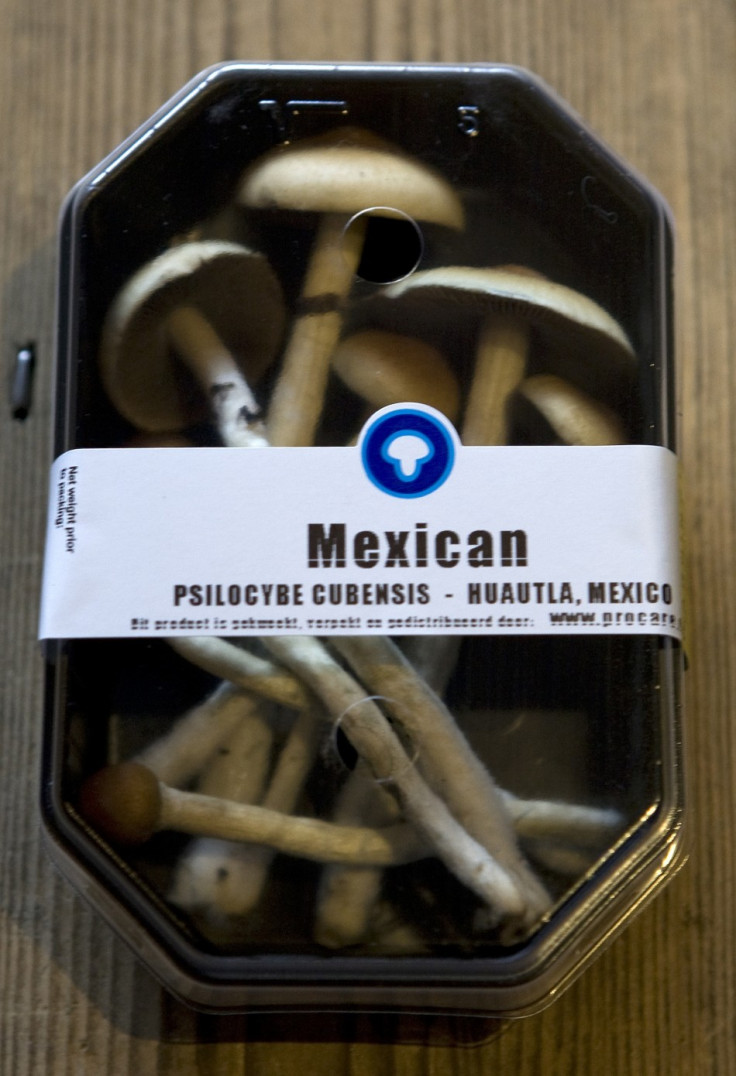Magic Mushrooms May Help Treat Depression, Drug Scientist Say

Psilocybin, the active ingredient in magic mushrooms, may help people deal with depression, according to two separate studies on the hallucinogenic drug.
One study shows that, contrary to popular belief, psilocybin does not "expand the mind" but suppresses areas of the brain that are also dampened by other anti-depressant treatments.
A second study, conducted by the same team at Imperial College London, shows that psilocybin enhances volunteers' recollections of positive memories.
The research was conducted by Robin Carhart-Harris and Prof David Nutt, who was sacked form his role as the government's chief drug adviser after clashing with then home secretary Alan Johnson over the Whitehall decision to toughen the laws on cannabis.
In the first study, published in the Proceedings of the National Academy of Sciences, the brains of 30 volunteers were scanned after they were given magic mushrooms intravenously to measure changes in blood flow and brain activity.
The MRI scans revealed that the drug lowered activity in the medial prefrontal cortex, which is hyperactive in depression. A second area of the brain, the posterior cingulate cortex, which is thought to play a role in consciousness and self-identity, was "disconnected".
The second study, to be published in the British Journal of Psychiatry, revealed that 10 volunteers could vividly recall positive memories and felt generally happier in the days that followed compared to those who took a placebo.
"We're not saying go out there and eat magic mushrooms," said Nutt. "This is a research tool which may give us insights into how to treat depression. I would strongly resist people self-medicating.
"But this drug has such a fundamental impact on the brain that it's got to be meaningful, it's got to be telling us something about how the brain works. So we should be studying it and optimising it if there's a therapeutic benefit," Nutt added.
© Copyright IBTimes 2024. All rights reserved.






